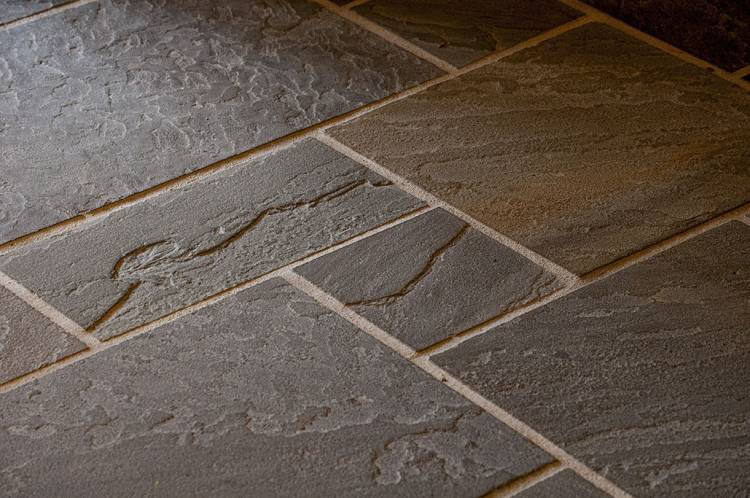Pratt Students Engineer a Softer, Gentler Cart Ride for Duke Libraries' Rare Books
The most enduring technologies are often the simplest, as well as the easiest to take for granted. Consider the humble book cart. It’s basically a shelf on wheels. Yet for moving lots of books around, its efficient design would seem to offer little room for improvement. That is, unless you’ve ever tried maneuvering one across a floor of Duke stone.
For some time now, staff in the Rubenstein Rare Book & Manuscript Library have struggled with a basic design problem. The same stone that gives Duke’s campus its timeless Gothic charm turns out to make a bumpy road for books.
Its hard, uneven surface transforms a routine cruise down the hall with a cart full of books into a teeth-rattling steeplechase. This is especially problematic when the books on the move are rare, fragile and of inestimable value. And then there’s the noise. A decibel meter recently clocked a rackety Rubenstein book cart at roughly the same volume as a lawnmower. Far be it from us to shush anybody.
 So what’s a poor librarian to do? Rubenstein Research Services Archivist Trudi Abel recently turned to an unlikely source for help—Ann Saterback, director of the new “First-Year Design” course at the Pratt School of Engineering.
So what’s a poor librarian to do? Rubenstein Research Services Archivist Trudi Abel recently turned to an unlikely source for help—Ann Saterback, director of the new “First-Year Design” course at the Pratt School of Engineering.
Each incoming class of Pratt undergrads is required to take “First Year Design.” The course divides students into teams and matches them with “clients” around campus and the local community who have real-world design problems in need of solutions. In her proposal, Abel laid out the library’s dilemma and challenged the future Duke engineers to devise a better book cart.
One group of students was up to the task. Keyu Han, Aneesh Gupta, Joey Zhou, Vineet Alaparthi, and Kevin Kerner dubbed themselves the All-Terrain Manuscript Team. After visiting the Rubenstein Library and test-driving the book carts for themselves, they began isolating the key engineering problems of vibration, load displacement, and noise. Over the course of several weeks, they researched existing design solutions—including carbon fiber loop wheels, dampers, and shock absorbers—and began the long iterative process of design, trial, error, and redesign.
Their new-and-improved cart had to meet strict criteria. It needed to be easy to use, capable of bearing 500-600 pounds, no more than 32 inches wide, audible only to the person operating it, durable enough to last ten years, and affordable at under a thousand dollars. And it should provide such a smooth ride that a book in transit wouldn’t budge more than a single inch. Easy, right?
At the end of the semester, the All-Terrain Manuscript Team unveiled their prototype. Its lightweight steel frame was mounted on a chassis with a simple suspension system and pneumatic tires, which could traverse bumpy stone and elevator-floor transitions with cushiony ease. Protective railings around the shelf area would keep priceless tomes from falling off, while a thin layer of acid-free, conservation-quality foam provided additional grip and padding. Every design requirement was neatly checked off the list. Best of all, they kept the cost to around $500, within the general project budget.
The cart made its relatively noiseless debut to resounding appreciation by Rubenstein Library staff. Although it’s too early to say whether the students’ design can be produced at scale, it was a worthwhile learning opportunity all around. Library staff were impressed with the engineering students’ elegant solution to a vexing problem, while several of the students admitted they had no idea Duke held such literary treasures. Indeed, they were surprised at the level of public access allowed. “You mean we have books worth $2 million,” one of them said, “and anyone can just ask to see them?”
